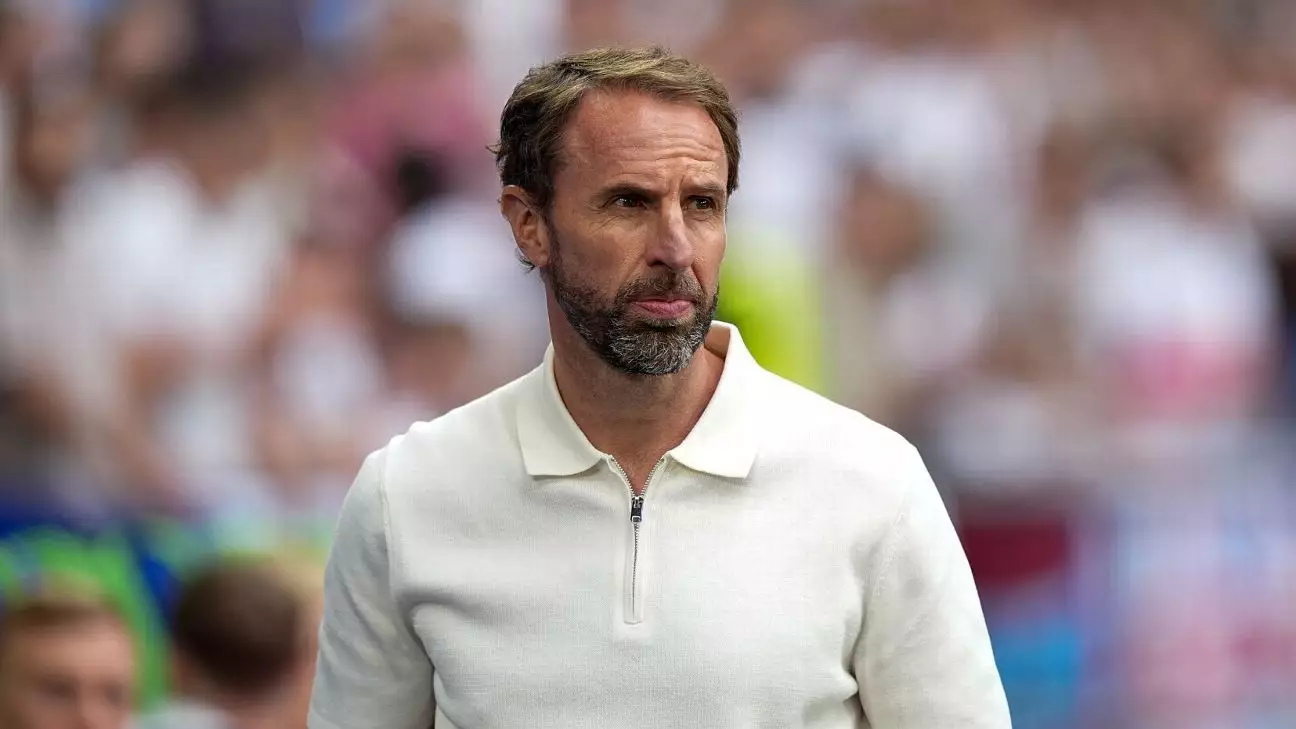Former England manager Gareth Southgate is making headlines for his decision to step away from coaching for at least a year. This announcement comes amid intense speculation linking him to Manchester United, particularly if current manager Erik ten Hag faces dismissal. Southgate, who led the Three Lions to the finals of the European Championship where they fell short against Spain, has chosen to prioritize personal reflection over immediate professional commitment. His resignation from the national team comes as a pause for thought rather than a prelude to another managerial role.
In an era where the coaching landscape is fraught with volatility, Southgate’s decision showcases a refreshing approach to mental and physical well-being. He emphasizes the necessity of giving oneself time to assess future opportunities critically. His current role as a technical observer for UEFA illustrates his ability to remain connected to the sport without becoming mired in the pressures of a managerial position. Southgate’s insistence that he will not coach over the next year exemplifies a shift in mindset that is increasingly essential in the high-stakes world of football management.
Manchester United’s fluctuating managerial situation casts an intriguing backdrop for Southgate’s situation. After extending Ten Hag’s contract, the club faces a growing sense of urgency given their dismal start to the season. Only three wins from ten matches have left the Dutch manager under scrutiny. The interest in Southgate is underscored by the relationship he has cultivated with senior figures at United, including Sir Dave Brailsford and sporting director Dan Ashworth. Such connections could turn into pivotal alliances if Southgate decides to transition back into coaching sooner than anticipated.
Despite United’s previous inquiries into other managerial candidates, Southgate’s reluctance to entertain discussions regarding the position last summer raises questions about both his ambitions and the club’s direction. His focus on the Euros—a major tournament—suggests that Southgate values significant commitments over short-term roles. This perspective could shield him from the transitional troubles that often plague coaches in unstable environments like Manchester United, where the pressure to perform is enormous. The juxtaposition of Southgate’s self-imposed hiatus and United’s tumult instigates a dialogue about the future of managerial roles in prestigious football organizations.
Southgate’s public declaration of his intended hiatus carries implications not only for his career but also for the broader coaching ecosystem. In an industry characterized by constant churn, his stance challenges conventional expectations. By prioritizing mental and physical health, Southgate makes a case for a new model of long-term thinking in coaching—one that recognizes the necessity of rest and recovery.
As Manchester United navigates its precarious coaching situation, Southgate’s choices are not merely personal but also resonate with broader themes of leadership and sustainability in sports. The club continues to face challenges in stabilizing its position, which raises the stakes for any potential managerial changes in the future. Southgate, with his proven track record, would be a coveted asset. However, the success of both Southgate and United will depend on the choices made in the coming months. Thus, the football community watches keenly, awaiting developments that could reshape both Southgate’s career and the governance of one of the world’s most iconic football clubs.

